Organic honey is more than just a sweetener. It’s a natural product packed with numerous health benefits and a staple for those who prefer products untainted by pesticides and chemicals. This article explores the advantages of incorporating organic honey into your diet and lifestyle.
Table of Contents
What is Organic Honey?
Organic honey is made by bees gathering nectar from flowers cultivated using organic farming methods. Unlike conventional honey, it comes from beehives located in unpolluted areas, ensuring bees access pure, chemical-free nectar. Nature Nate’s Organic Honey and Bee Natural Honey are excellent examples of brands prioritizing their products’ purity and ecological integrity.
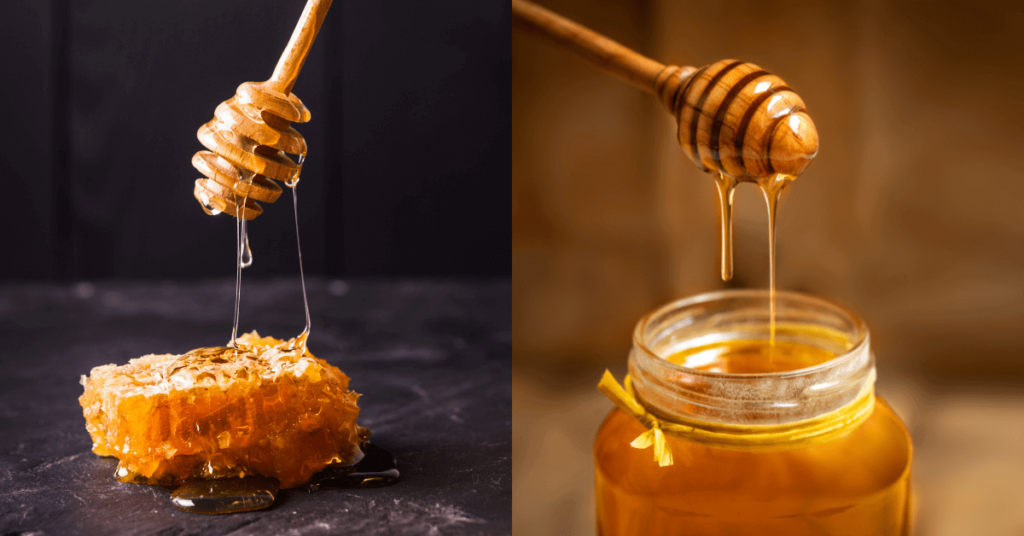
Nutritional Value and Health Benefits
Pure organic honey is a powerhouse of essential nutrients. It contains antioxidants, vitamins, and minerals, supporting overall health. Organic raw and unfiltered honey, in particular, retains most of its beneficial properties as it undergoes minimal processing. This honey can help boost immunity, aid in wound healing, and act as a natural cough suppressant.
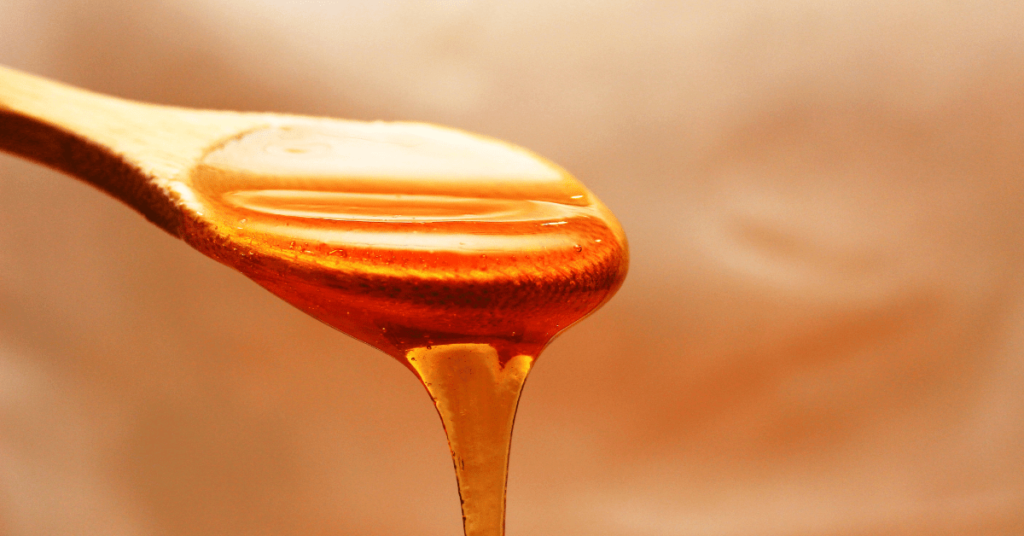
The Difference Between Raw, Organic, and Conventional Honey
Many wonder, “Is raw honey and organic honey the same?” The answer is nuanced. While all organic honey is raw to a degree, not all raw honey is organic. Organic honey must meet strict organic farming standards, ensuring the bees’ foraging area is chemicals-free. On the other hand, raw honey simply refers to honey that hasn’t been heated or filtered extensively, regardless of the bees’ foraging areas.
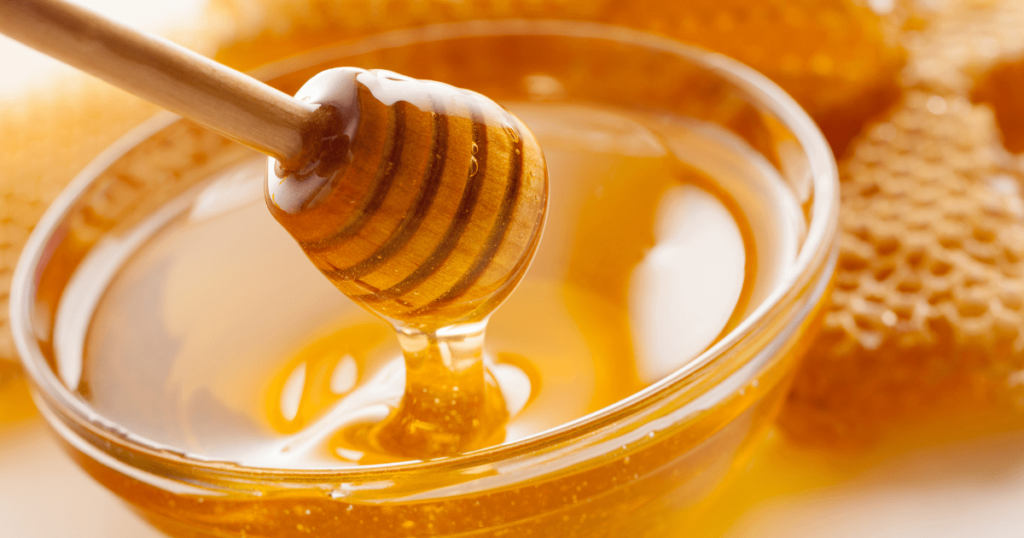
Environmental Impact
Choosing organic honey like Nature Nate’s Organic Honey or raw, unfiltered honey contributes to a healthier environment. Organic beekeeping encourages biodiversity and helps maintain balanced ecosystems. By supporting organic honey, consumers promote sustainable practices that benefit the planet.
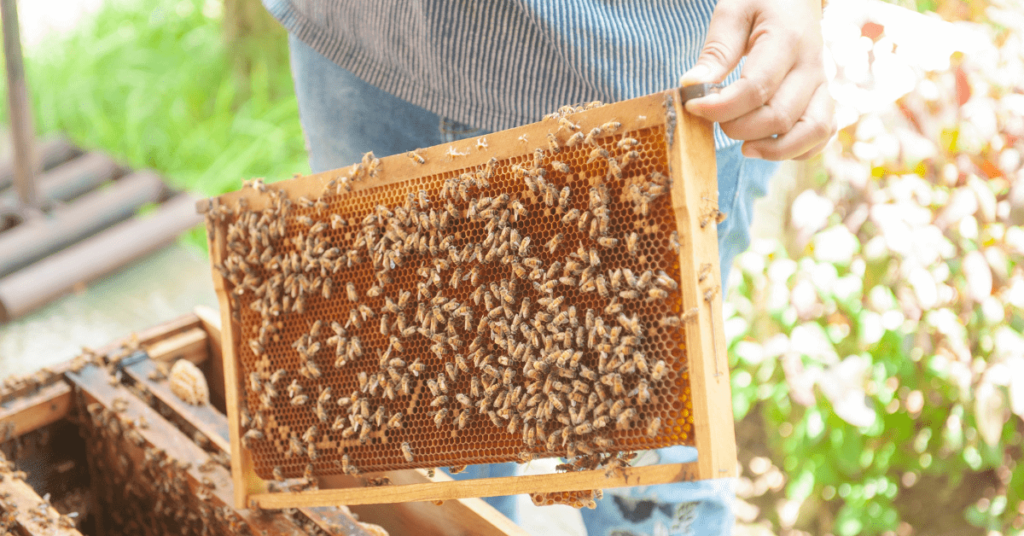
How to Identify and Choose Organic Honey
When selecting organic honey, look for certifications and labels that indicate the honey is genuinely organic. Products like organic raw and unfiltered honey are often labeled as such, but verifying the source and certification can ensure you’re getting genuine organic honey. Brands like Bee Natural Honey typically provide transparent information about their honey’s origins and processing methods.
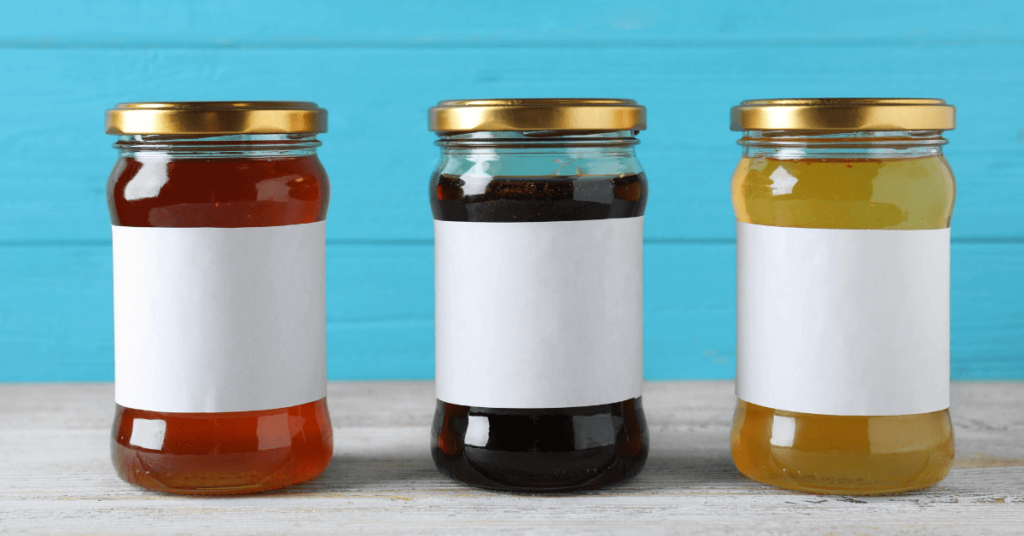
Conclusion
Incorporating organic honey into your diet promotes healthier living and environmental sustainability. With brands like Hindukush Organics, consumers can access high-quality, pure organic honey that supports well-being and the planet. Understanding the difference between organic, raw, and conventional honey helps consumers make informed choices that align with their health goals and environmental values.

By embracing organic honey, individuals can enjoy its myriad health benefits, from antioxidant properties to supporting sustainable agriculture. Remember, choosing organic is not just about personal health—it’s about contributing to a more significant movement towards a more sustainable and toxin-free world.
Top Level Organic Honey Found at Hindukush Organics are made from Robinia and Russian Olive
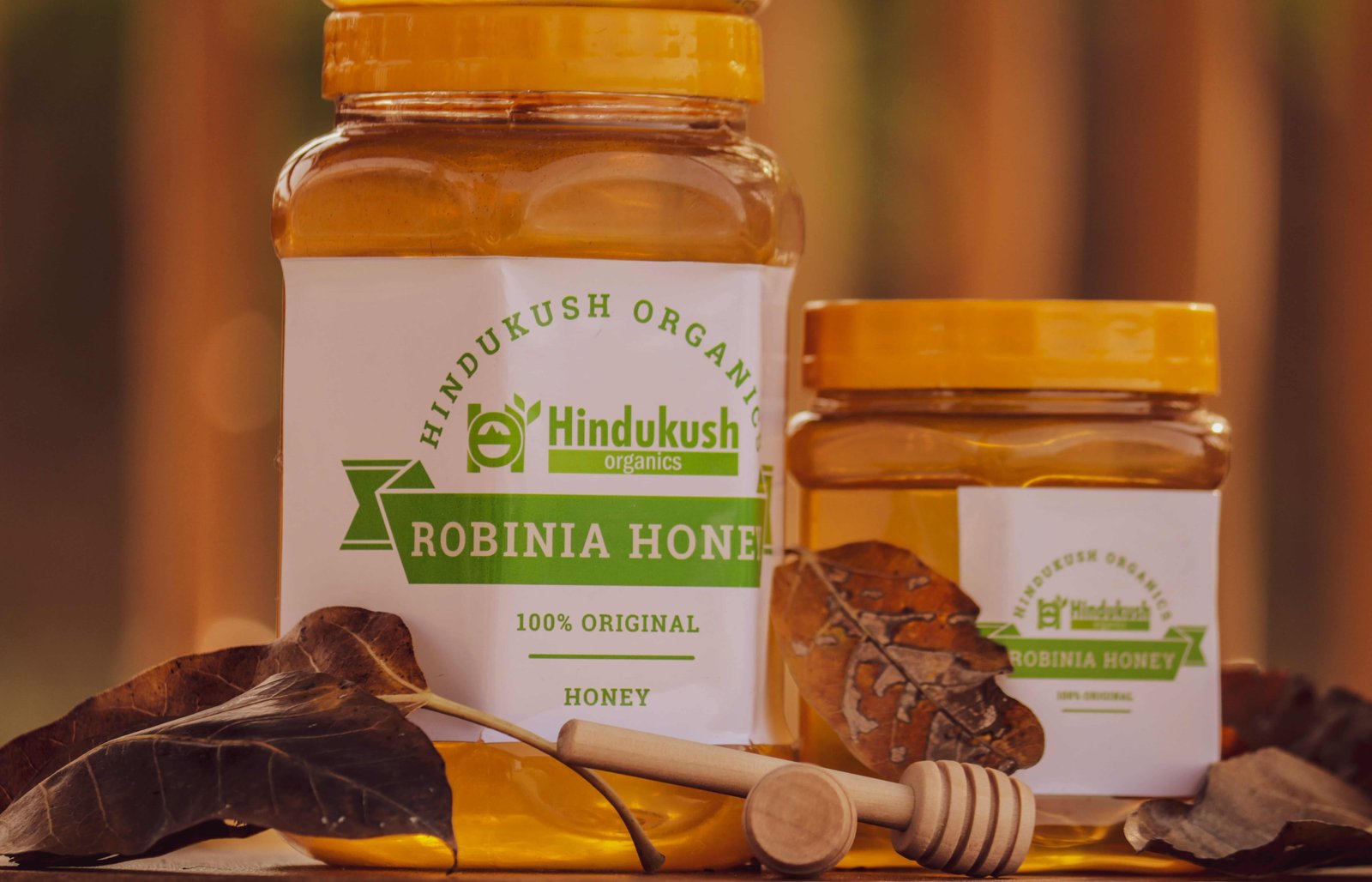
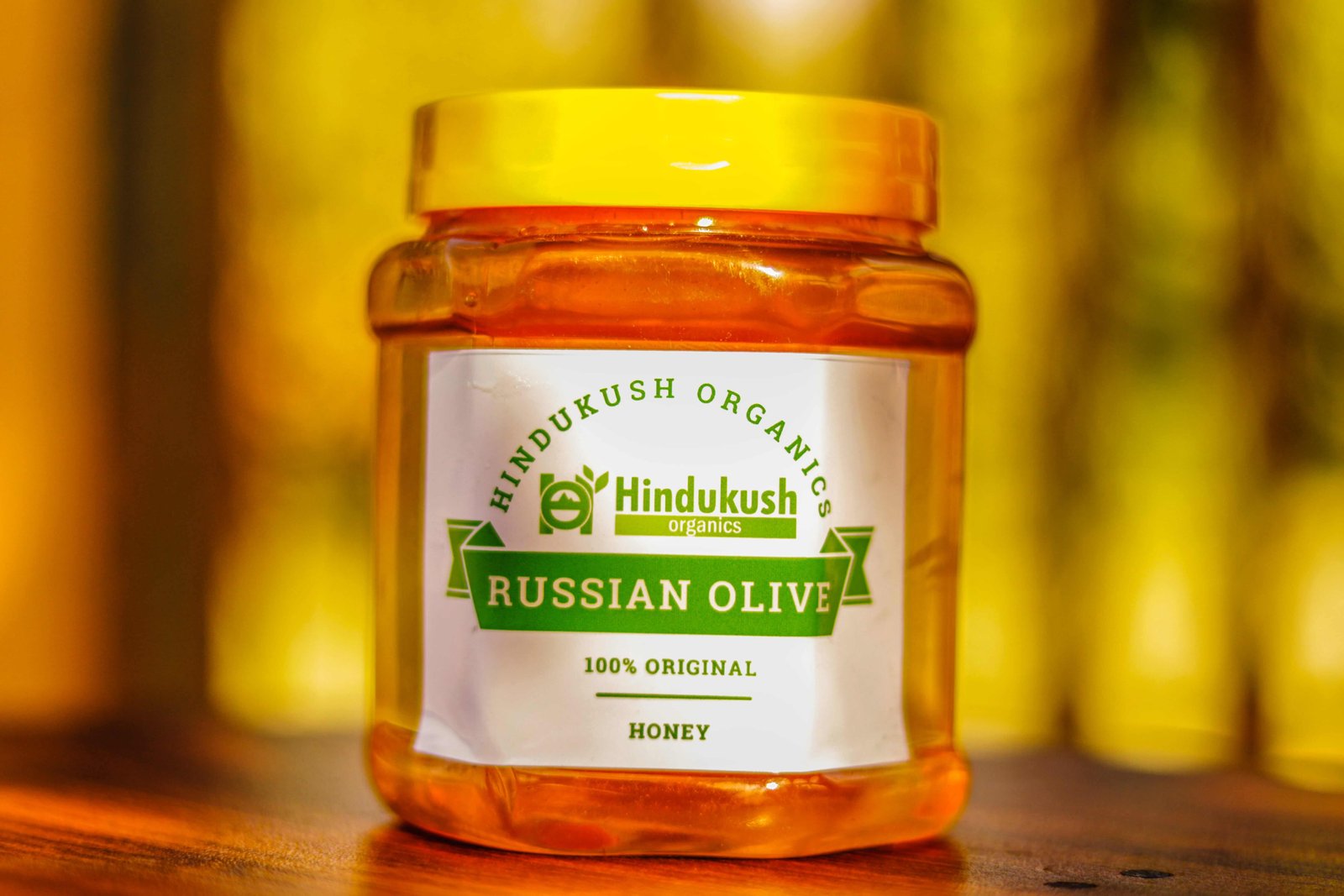
FAQs
What distinguishes organic honey from regular honey?
Honey is a natural sweet substance produced by bees, while organic honey is produced by bees that have been kept in organic conditions, meaning they have had access to organic sources of food and have not been exposed to synthetic chemicals or antibiotics.
Is organic honey good for you?
Yes, organic honey is good for you.
What is the healthiest type of honey?
Raw, unprocessed honey is considered the healthiest type of honey.

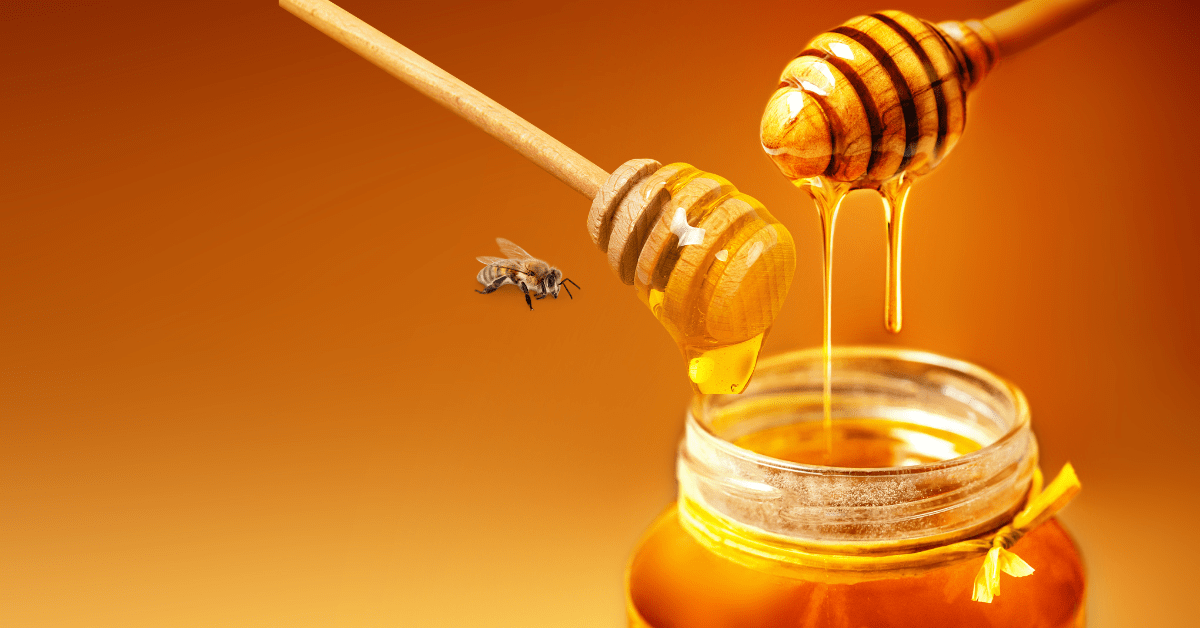
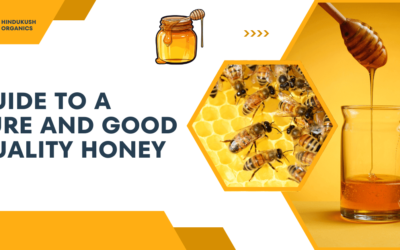
0 Comments